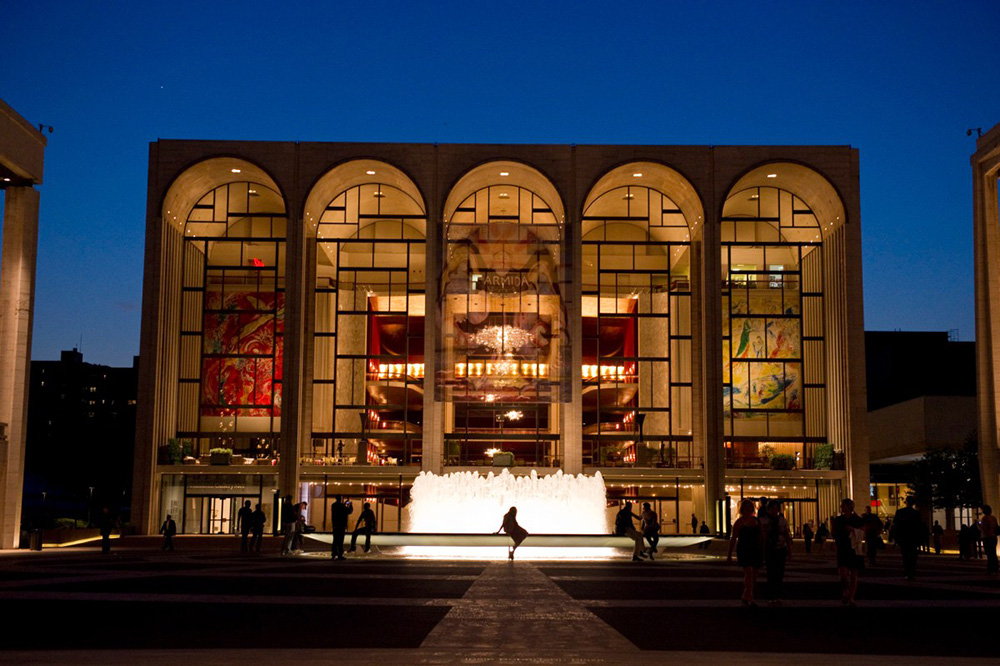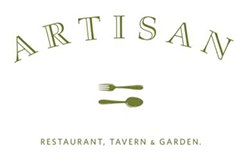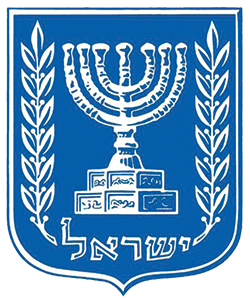
Open MINDS Institute
EVERYTHING YOU WANTED TO KNOW ABOUT OPERA [But Were Afraid to Ask!]
Begins March 1 and runs for 5 weeks until March 29, 2018
Thursdays from 10 a.m. to 11:30 a.m.
March
1
2018
Begins March 1 and runs for 5 weeks until March 29, 2018
$290 | $275 Member Price
$250 each if you enroll in two or more courses.
Quick Center
Instructed by Erik Novoa

Opera can be considered the most significant work in the performing arts field. It continues to captivate audiences because it presents the essence of humanity—complex emotions overlaid through social interactions. Those lucky enough to partake in an operatic journey will be treated to a diverse range of sentiments through the music, singing, and lyrics. They will also experience history, politics, and social issues through the opera’s context, sets, and costumes. What makes opera one of the most enduring art forms is its ability to make audiences laugh and cry through one of the most complete artistic experiences ever created.
In our exploration of opera, we will examine some of the most well-known melodies in the upcoming season from Live at the Met as well as other essential works. The 2018 season starts with Puccini's Tosca, one the opera world's best thrillers. It is filled with romantic melodies, famous arias, a classic villain, and a tragic ending. This will be followed by the comic relief of L’Elisir d’Amore and the heart-wrenching La Boheme, which captures the ideality of youth, romance, heart-break, and death by consumption. Semiramide will represent the final operatic work of Rossini and Luisa Miller will characterize a mid-career work of the famous Verdi. The Metropolitan Opera's season will conclude with Massenet's Cendrillon, based on the story of Cinderella. Along with these performances, we may include some of the best-known themes from Carmen, La Traviata, Die Walküre, and Madama Butterfly and give you a taste of iconic artists in these roles, including Maria Callas, Renata Tebladi, Giuseppe Di Stefano, Mario Del Monaco, Franco Corelli, Luciano Pavarotti, and Placido Domingo.
Most importantly, we will have participatory discussions about why opera is or is not relevant today. Can audiences still connect with the storylines and thematic issues presented? Do we see our own reflection in characters on stage? Class dialogue will explore whether opera is a necessary exposé of the human condition or if it is an antiquated elitist art form. We will also discuss if opera has a place in schools or if it is limited to adult audiences. By the conclusion of these seminars, opera may have a place in your heart.
Erik Novoa Biography
Erik Novoa has enjoyed a lifelong appreciation for – and personal relationship with – opera. He was brought up in New York City in a performing arts family; his father was principle tenor at New York City Opera and his mother was a dancer with New York City Opera Ballet. Both of his parents had working experience in many of the operas which will be explored and personal relationships with some of the artists who will be heard. Erik learned opera from his father and enjoyed critical discussions about operatic subject matter, vocal technique, and European history through the storylines. Erik soon learned a majority of the baritone arias of the Verdi and Puccini repertoires, while also studying piano, trumpet, and dance. Additionally, Erik performed in numerous musicals combining his love for singing and dance. Degrees in history of ideas and American Studies help Erik examine opera both as an art form and as a relevant part of cultural identity.



























